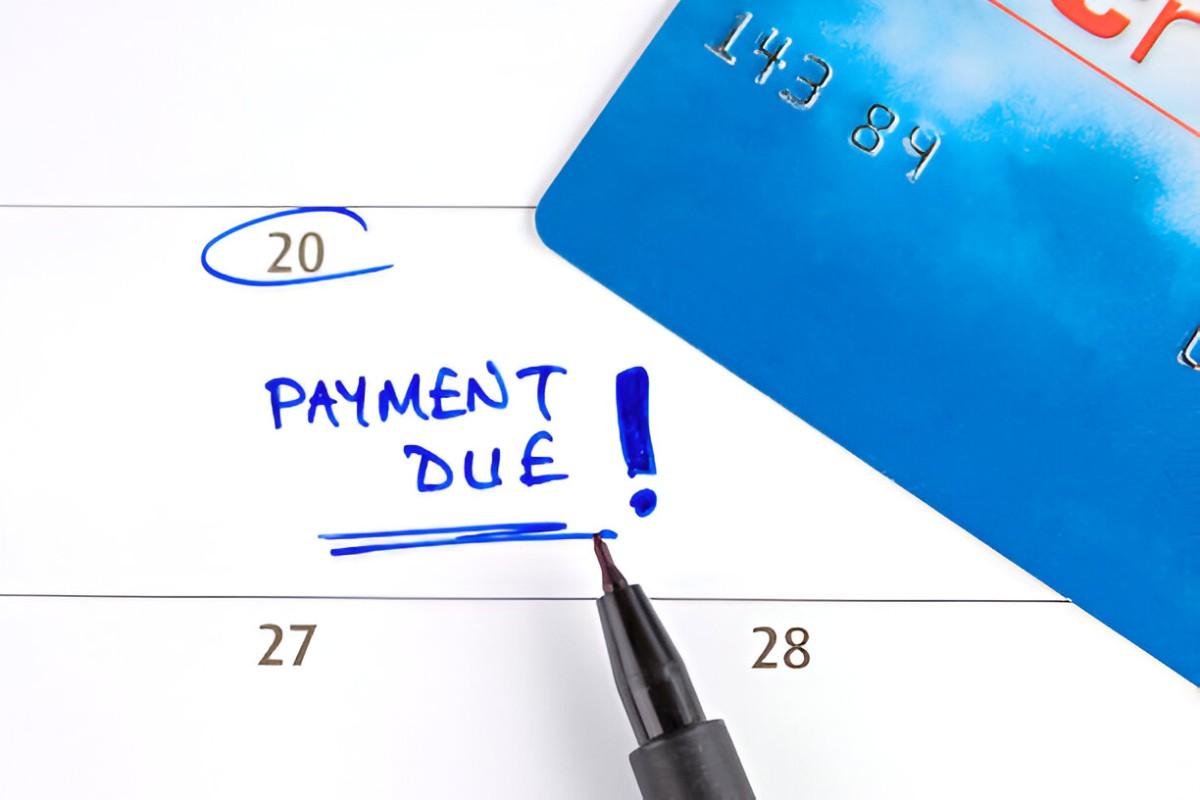As someone deeply involved in finance and accounting, I often encounter confusion around the concept of payment in due course. This legal and financial principle plays a crucial role in transactions involving negotiable instruments like checks, promissory notes, and bills of exchange. In this guide, I break down what payment in due course means, its legal implications, and how it affects financial transactions in the U.S.
Table of Contents
What Is Payment in Due Course?
Payment in due course refers to the payment of a negotiable instrument—such as a check—made at or after its maturity date, in good faith, and without any knowledge of defects in the holder’s title. Under the Uniform Commercial Code (UCC) § 3-603, this concept ensures that once payment is made under these conditions, the obligation is discharged, even if later claims arise.
Key Elements of Payment in Due Course
For a payment to qualify as “in due course,” it must meet these criteria:
- Made at or after maturity – The payment occurs when the instrument is due.
- In good faith – The payer acts honestly, without fraudulent intent.
- Without notice of defect – The payer is unaware of any issues with the instrument’s ownership.
If these conditions are satisfied, the payment extinguishes the debt, protecting the payer from future disputes.
Legal Framework Under the UCC
The UCC governs negotiable instruments in the U.S. and provides clarity on payment in due course. According to UCC § 3-602, payment discharges the obligation unless:
- The payment is made with a restrictive endorsement.
- The instrument is stolen, and the payer had reason to know.
Example Scenario
Suppose I issue a promissory note to a supplier, due in 90 days. If the supplier endorses it to a third party (a holder in due course), and that party presents it for payment after maturity, I must pay—provided there’s no fraud involved. If I pay, the debt is settled, even if the original supplier later claims non-payment.
Mathematical Representation of Payment Timing
Understanding the timing of payments is critical. The present value (PV) of a payment made in due course can be calculated using:
PV = \frac{FV}{(1 + r)^n}Where:
- FV = Future value (face value of the instrument)
- r = Discount rate
- n = Time until payment
Example Calculation
A check for $1,000 is due in 60 days. If the annual discount rate is 5%, the present value today is:
PV = \frac{1000}{(1 + 0.05)^{60/365}} = \$991.93This shows that early settlement may require slight adjustments in value.
Payment in Due Course vs. Holder in Due Course
It’s easy to confuse payment in due course with holder in due course. Here’s a comparison:
| Aspect | Payment in Due Course | Holder in Due Course |
|---|---|---|
| Definition | Payment made properly under UCC rules | A party who takes negotiable instrument in good faith |
| Legal Protection | Discharges the debt | Can enforce payment despite defenses |
| Timing | At or after maturity | Before maturity |
Real-World Implications
Banking and Check Processing
Banks rely on this principle when clearing checks. If a bank pays a check in due course, it isn’t liable if the check was fraudulently endorsed—unless negligence is proven.
Business Transactions
Companies use negotiable instruments for supplier payments. Knowing that payment in due course provides legal finality encourages smoother transactions.
Common Pitfalls and How to Avoid Them
- Ignoring Maturity Dates – Paying early or late may void “due course” protection.
- Overlooking Endorsements – A missing or suspicious endorsement can invalidate the payment.
- Failing to Verify Good Faith – Always ensure no red flags exist before payment.
Conclusion
Payment in due course is a fundamental concept in financial transactions, ensuring legal finality and reducing disputes. By understanding its requirements under the UCC, businesses and individuals can transact with confidence. Whether dealing with checks, promissory notes, or other negotiable instruments, adhering to these principles safeguards against unnecessary liabilities.





